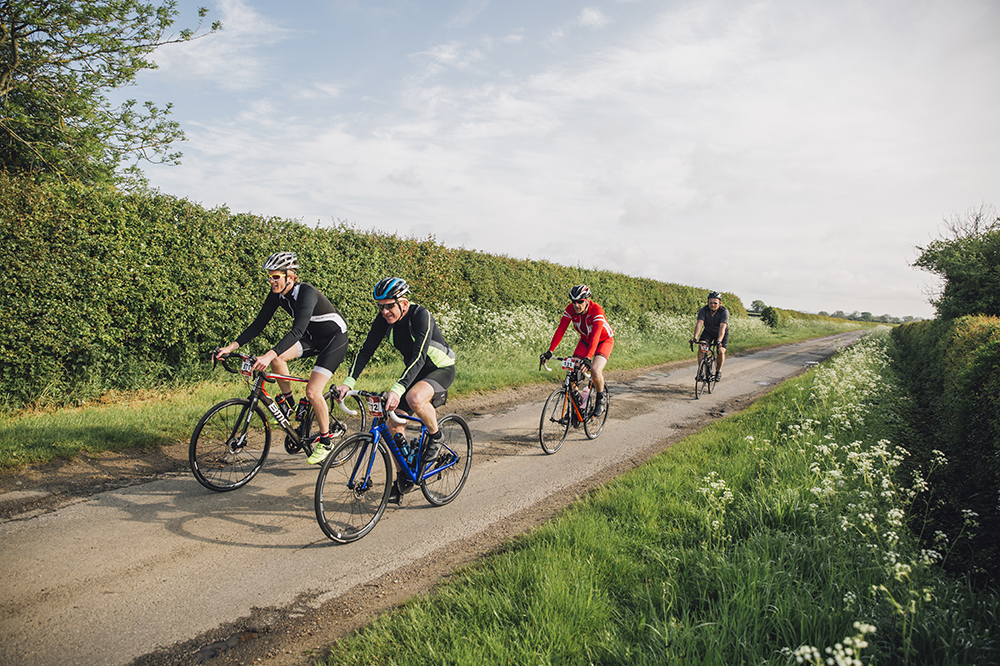
On a recent ride, my friend Bernard and I found ourselves talking about another friend who’d ridden the Paris-Roubaix Challenge sportive. “He said it was the worst day of his life,” reported Bernard, clearly hoping that hadn’t been hyperbole. “He lost all the skin from his hands, got massive hunger-knock because all the stuff in his pockets fell out on one of the many occasions he crashed, and he punctured five times and ended up having to buy a new tyre off a Belgian tyre-scalper in a campervan for €200.”
“At least he finished,” I said.
“But why?” asked Bernard. “What awful inadequacy has he got that he feels the need to do that? I can understand a pro doing Paris-Roubaix – it’s their job, and it means they can go home and pay the gas bill. But why would anyone normal do it voluntarily? Above all, why would you pay a substantial entry fee and then ride as fast as you can across 200km of gigantic ruts, cobbles and potholes on a bike you’ve paid for yourself?”
My friend asks a good question. I’ve often written about the perverse need cyclists have to suffer (TL;DR – it’s not suffering if you’re doing it by choice), but he’s right. Why, exactly? What is our motivation for all this?
Clearly, for some it’s about winning – although in truth if you’re the kind of person who wins things, you’re probably not going to suffer half as much as the rider who finishes second. (See Pogačar, passim.) In the end, most of us don’t win much of any consequence and are clearly never going to – and most of the time the suffering has nothing to do with anything more than finishing. There must be something else.
I think we can divide motives into the positive and the negative, and some small overlaps. On the positive side, you might be trying to measure up to a personal challenge – you pick something difficult, like the Fred Whitton Challenge, and you complete it to prove to yourself that you can. Clearly you lose marks for ever mentioning it to anyone.
You (not me or Bernard obviously) might be doing it for charity. When you’re sitting in agony on a saddle sore so big you need to lower the seatpost so you can still reach the pedals, you can think of children with cancer or homeless cats. You are at one with something bigger than yourself. Also, probably, a little smug – but well done you all the same.
You might be inspired by feeling you don’t want to let others down. If you’re doing something as part of a team, you don’t want to be the schmuck who ran up the white flag just because their feet had swollen to twice their normal size.
Or you might not want to have to explain to your family that you ruined everyone’s Easter by taking off to spend the whole holiday doing a ride you didn’t even finish. This is in a bit of a positive/negative grey area, I think. I’d also quietly point out that very few families will actually check the list of official finishers or demand to see your medal. If they do, you’ve perhaps got problems that finishing a ride won’t solve.
More straightforwardly negative motivations invariably revolve around showing other people that they are wrong. The only problem is that in general, other people don’t care about what you can or cannot do all that much, so you’ll probably have to make them up. “People said I’d never finish the Maratona dles Dolomites... Sorry? Well, no, I don’t have actual names. Just, you know, people. On Facebook. Or wherever.”
But Bernard has no need to invent naysayers. I’ve told him he’ll never finish RideLondon in under four and a half hours. He’s going to have the worst day of his life, I hope.







